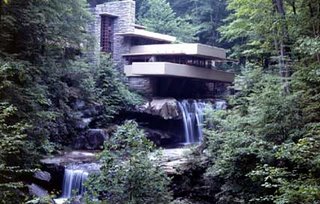So today I put the last post in my journal, which I've used since last December. I normally fill up a journal in about three months, so either I didn't write as much in the first part of 06 or this journal is just bigger than other ones I get. It's always a mixed bag to finish a journal. In a way, it is gratifying because it reminds me that I am writing regularly, and adding to my journal ideas for stories, along with the thoughts of everyday life. It's also a little sad because once I set aside a journal, I sometimes forget some of the ideas and move on to other things--but the great thing is I can always go back and use the ideas some other day.
I encourage everyone to keep a journal--even if you don't consider yourself a writer. I always find that writing out things I'm thinking for my eyes only really helps me to think through decisions, solidify ideas, etc. My agent gave me this beautiful journal and bookmark from Italy, and that's the next one I'm going to start tonight.
 While I'm at it, I might as well give a plug for the best journal-writing pen on the planet. It is a Pilot Precise V5, extra fine in black. The best! I read that Pres. Bush really likes Sharpie pens. I like those too, but not for journal writing.
While I'm at it, I might as well give a plug for the best journal-writing pen on the planet. It is a Pilot Precise V5, extra fine in black. The best! I read that Pres. Bush really likes Sharpie pens. I like those too, but not for journal writing.Yesterday I found at our local library a new book called Writing Metrical Poetry by William Baer. It is awesome. He goes through the opening chapter discussing how language is the greatest tool of human beings, pointing us to the Biblical story of the Tower of Babel and reminding us that little in life can be achieved without language. My husband, who just returned from Russia, made the observation to me yesterday that he felt really out of place when he was sitting in a lunchroom with only Russian-speakers all around him. He noticed several deaf girls sitting together in the room also and reflected that they maybe felt as left out of the conversation as he was, since he spoke no Russian. Language binds people together in a way we sometimes take for granted.
Baer reflects further that literature is a wonderful use of language, giving expression to any and every human condition. Then he conclues:
"Thus, great literature can be described as the most sophisticated use of man's greatest tool to consider the most important human subjects with the purpose of moving the reader to serious thought while also affecting the emotions of the heart" (2).
Cool, eh?
